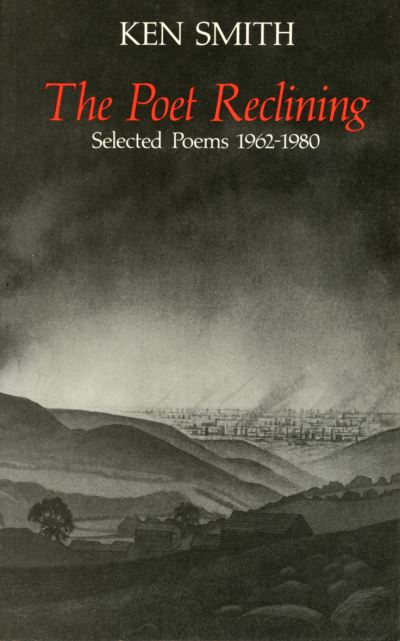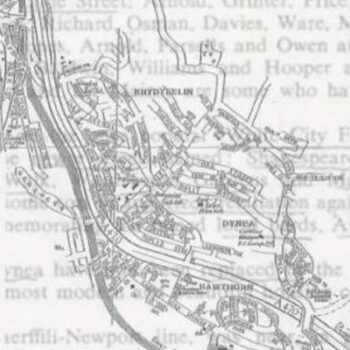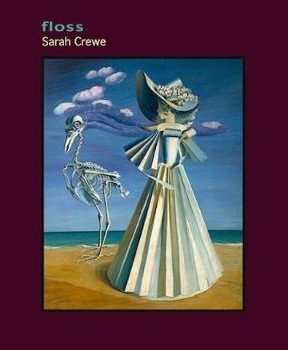Description
‘Anyone who despairs of contemporary verse should be led by the hand to this book,’ wrote P.J. Kavanagh in 1967, reviewing Ken Smith’s first book The Pity in The Guardian. He went on: ‘If his starkness does not freeze into an attitude, and there are signs already that it will not, he may be a very necessary poet indeed.’ Ken Smith has become just that: a major poet whose work has not stood still, whose poetry is vitally important because it challenges our view of the world.Ken Smith is a poet of vision, but what is rare about his vision is that it is not fixed but shifts its perceptions and changes its bearings from one place or culture to another. In The Poet Reclining we follow not only the development of Ken Smith’s poetry during the past 20 years but also his persistent stalking and shaping through language of his relation to the world. Ken Smith’s roots are portable, and his work has developed in response to many places: from the remote rural Yorkshire of his childhood to the landscapes of south-west England and America, and latterly – in the brilliant long poem Fox Running – to the hostile urban environment of London.Moving through the poems, through the world, are the wanderers: the fatherm Tristan, Urias, Eli. And Fox, exiled in the city, a broken man faking his own death. All these figures relate to the Wanderer and Seafarer of the Anglo-Saxon Exeter Book, whose presence is felt throughout The Poet Reclining in echoes from the two poems and evocations of their author. In his most recent poems, including the title-poem, a meditation on Chagall’s painting ‘The Poet Reclining’, Ken Smith presents some interim conclusions. The wanderer finds home in the very condition of rootlessness. Fox forgives his betrayers. The poet is rehearsing his life, dreaming, relaxing, reclining.





